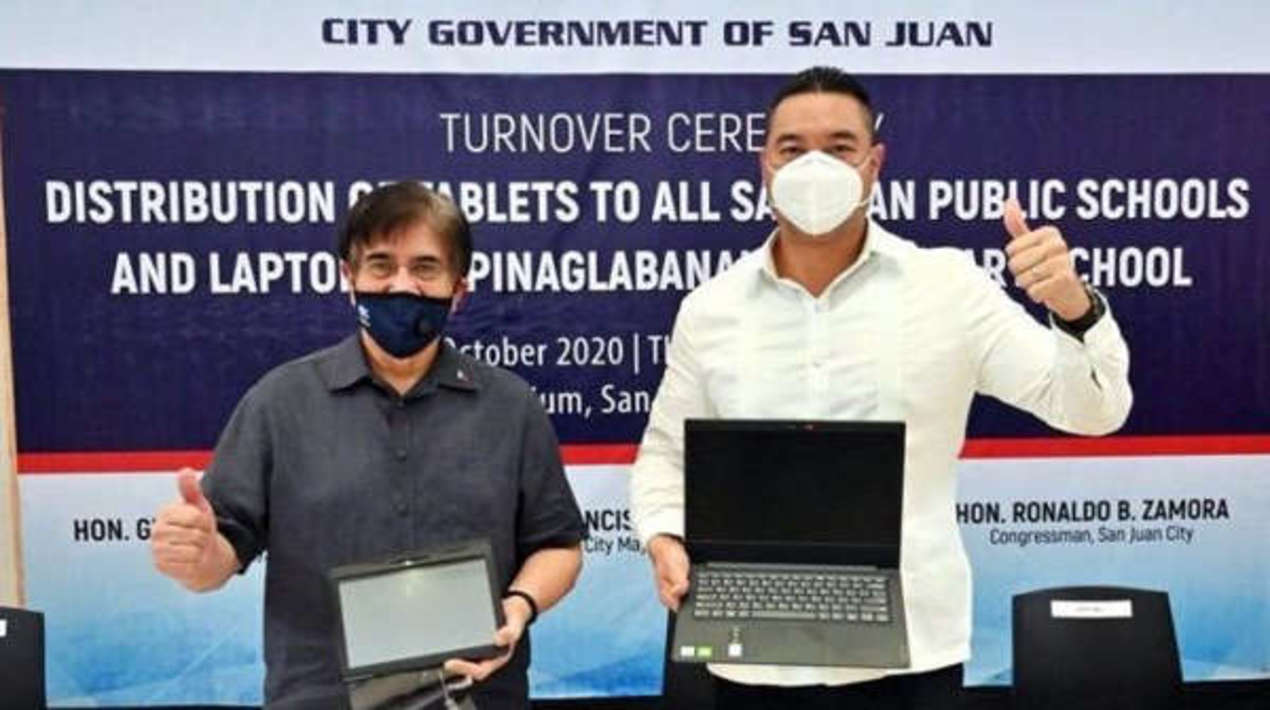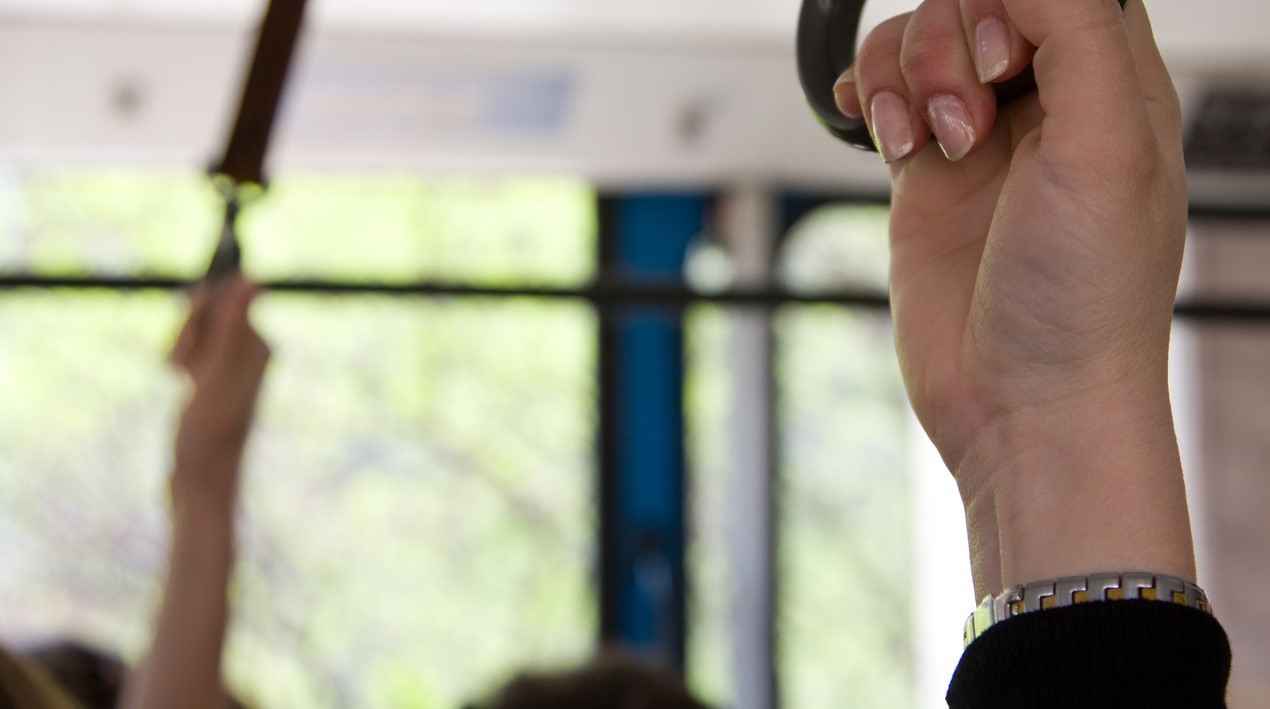
The Philippines’ Department of Information and Communications Technology (DICT) announced that they are providing tablets, laptops and pocket Wi-Fi to the City of San Juan to be distributed to public school students in the city.
This initiative is part of the agency’s efforts to assist the education sector, especially students and teachers, as the country adopts blended learning for the continuance of education amid the ongoing COVID-19 pandemic, said the DICT. The agency targets to replicate the success of this initiative in other local government units as well, it added.
A total of 12,500 tablets, 1,000 laptops and 1,000 pocket Wi-Fi were turned over to the city of San Juan.
According to the City Mayor, grades three to six students of Pinaglabanan Elementary School will receive laptops with pocket Wi-Fi as they have been selected as the pilot school for distance learning, while other Kinder to Grade 12 students from all the other San Juan public schools will receive tablets. All devices are pre-loaded with DICT and Department of Education (DepEd)-developed teaching and learning digital content. Quick links to the DepEd teaching and learning portals (DepEd Commons, LRMDS) are also installed on all devices.
The DICT also targets to increase students’ knowledge of cybersecurity. The DICT has partnered with the City of San Juan in producing CyberSafe Learning materials. The said materials provide tips on how users could maximise the use of ICT while minimising risks and threats online.
The said initiative is part of the Digital Teachers and Digital Learners Project under DICT’s Digital Education Programme, which aims to facilitate digital transformation in the education sector and help address challenges in the delivery of basic education in the K-6 during and beyond the pandemic.
Still part of its initiative to support the education sector in the new normal, the DICT has partnered with the Department of Education (DepEd) with the establishment of the Public Education Network aimed at providing digital connectivity to all public schools and DepEd offices nationwide.
As reported by OpenGov Asia, the DICT is aiming to put up more than 12,000 internet sites in public education institutions nationwide under the government’s Free Wi-Fi for All Programme. 10,300 sites will be deployed in public schools. 1,804 sites will be deployed in state universities and colleges (SUCs) and Technical Education and Skills Development Authority (TESDA) institutions.
This is part of its commitment to the Department of Education (DepEd), Commission on Higher Education (CHED), and TESDA to ensure the education sector’s access to broadcast, connectivity and digital security this upcoming school year while the country is still under a state of a public health emergency, an official said.
DICT has earmarked around USD 155 million on its proposed 2021 budget for the implementation of the Free Wi-Fi for All in Public Places and SUCs Programme.
The country’s President, Rodrigo Roa Duterte, signed the revised Republic Act 10929 in August 2017. Also known as the ‘Free Internet Access in Public Places Act, the move aimed to accelerate the government’s efforts in enhancing internet accessibility for Filipinos.
According to a Presidential Communications Operations Office (PCOO), the Act mandates the government, including local government units (LGUs), to provide free internet access in government offices and public places. The measure, which now mandates both national and local governments, has been seen to bolster further economic, social, and educational opportunities, and bridge the digital divide, especially amid the current COVID-19 pandemic.
To ensure the productivity of internet users riding on the free Wi-Fi access, the Act also sets the minimum internet speed per user under the National Broadband Plan, which should be at least two megabits per second (2 Mbps). The DICT will be the lead agency to oversee the effective and efficient implementation of the law.
















